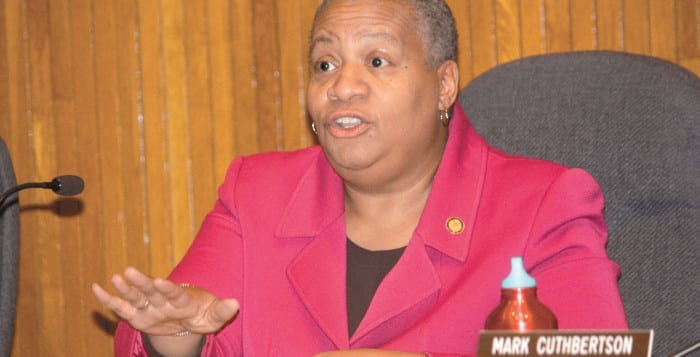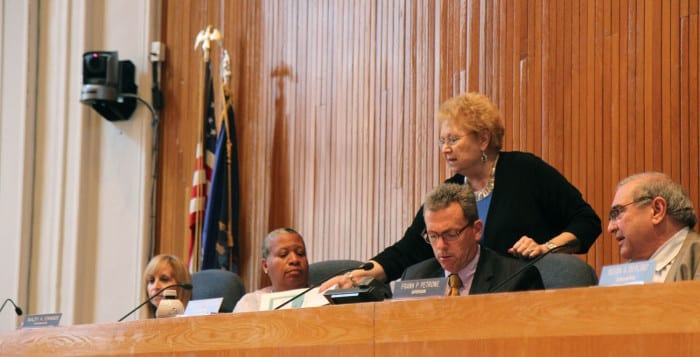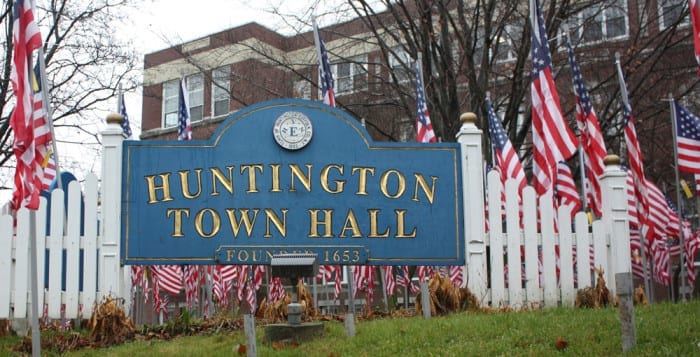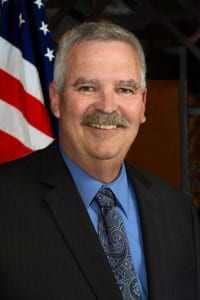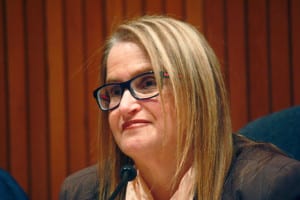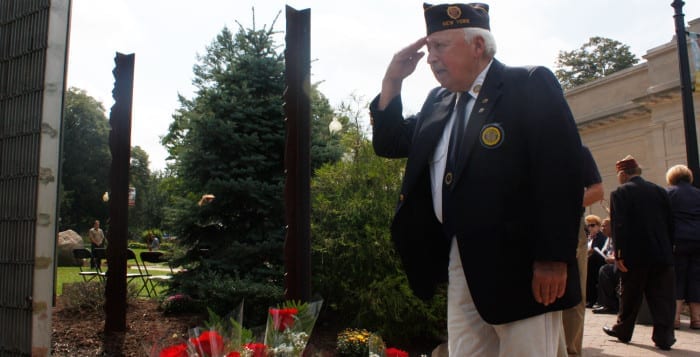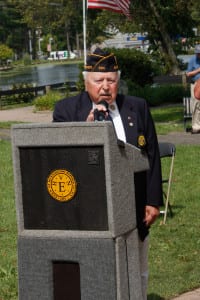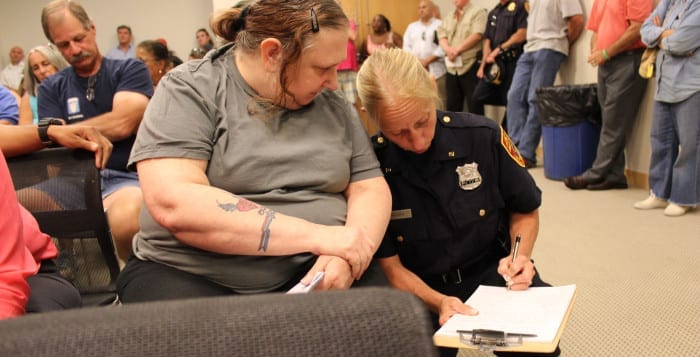Huntington Town celebrated fall this weekend at the annual Long Island Fall Festival. The event, free to the public, is organized by the Huntington Township Chamber of Commerce and spans Friday, Oct. 9 to Monday, Oct. 12. Festivities include a carnival, food courts, entertainment, vendors, animals and more.
1 of 17

A Last Chance Animal Rescue volunteer with Fred and Red at the Long Island Fall Festival on Saturday, Oct. 10. Photo by Heidi Sutton

A farmers' market by Best Market features pomegranates and pumpkins at the Long Island Fall Festival on Saturday, Oct. 10. Photo by Heidi Sutton

Two women pick out apples at the farmers' market by Best Market at the Long Island Fall Festival on Saturday, Oct. 10. Photo by Heidi Sutton

The first place winner of the pumpkin contest at The Long Island Fair in Old Bethpage makes a special appearance at the festival. Photo by Heidi Sutton

The second place winner of the pumpkin contest at The Long Island Fair in Old Bethpage makes a special appearance at the festival. Photo by Heidi Sutton

Arianna, age 5, of East Islip, rides Duke the pony at the Long Island Fall Festival. Photo by Heidi Sutton

From left, Caroline, 6 of South Huntington, and her sister Ava, age 8 show off their balloon hats at the Long Island Fall Festival. Photo by Heidi Sutton

A balloon artist creates free balloon hats and swords for the children at the festival. Photo by Heidi Sutton












